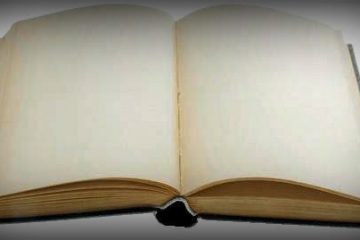What are the 4 stages of Jungian analysis?
What are the 4 stages of Jungian analysis?
This approach includes four stages, confession, elucidation, education and transformation. Each of these stages is subsequently analyzed.
What are the different stages of growth according to Carl Jung?
In his essay “Stages of Life,” C. G. Jung separated human psychological development into three stages: childhood, the first half of life, and the second half of life. Jung’s clinical interest lay primarily in the final stage, beginning at the midlife transition, which he believed began around age 35 or 40 (1933, p.
What are the stages of Jungian therapy?
In addition, the process of psychotherapy involves four stages: confession, elucidation, education, and transformation (see Douglas, 1995).
What is the goal of Jungian therapy?
The purpose of Jungian Psychotherapy is to focus on the individual becoming familiar with their own inner sources of growing and knowing the solution to conflicts that arise. This is created for the individual exclusively depending on their conflict.
What are the 4 stages of life according to Carl Jung?
According to Jung, the 4 stages of life are the following: THE ATHLETE: this is the stage in where we are most self-absorbed, and therefore is the one which tends to be the least mature. It is characterised by being obsessed mainly with our psychical appearance.
What was the next step in Jung’s individuation process?
The next step in the process is the integration of the ego (consciousness) with the personal and collective self. This results in identification of archetypes that shape and define the human experience. Here are a few: The Shadow: Base for sexual and life instincts. Anima and Animus: Male/female identities.
Who is Carl Jung and what did he do?
The well-known Swiss psychologist Carl Jung (1875-1961) made a distinction of 4 different stages of life, which have to do with who we really are as humans and the motivations we have for acquiring a meaningful life.
What are the four basic functions of Jung’s theory?
Jung’s theory focuses on four basic psychological functions: 1 Extraversion vs. introversion 2 Sensation vs. intuition 3 Thinking vs. feeling 4 Judging vs. perceiving


